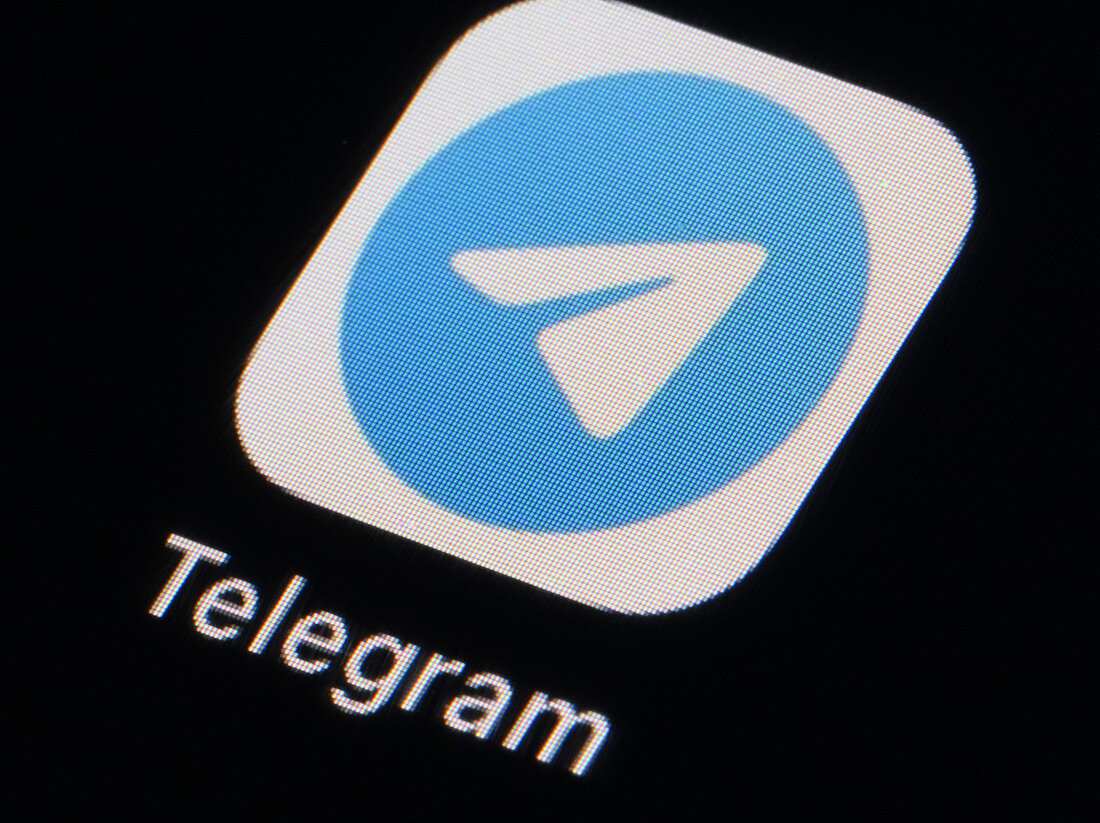PUTRAJAYA: Google and X have yet to apply for a new class license required under Malaysia’s updated regulatory framework, which came into force on January 1.
This licensing framework, which was announced in July last year, aims to protect the public from online harm. Social media platforms and messaging services with over eight million registered users in Malaysia must comply with the new rules.
According to the Malaysian Communications and Multimedia Commission (MCMC), Google, which owns YouTube, raised concerns regarding how the platform's video-sharing features are classified under the new licensing framework.
“MCMC has reviewed these concerns and will ensure that YouTube, as well as other platforms that meet the licensing criteria, comply with the necessary regulations,” the commission said in a statement.
On the other hand, X reported to MCMC that its Malaysian user base has not yet reached the eight million mark. MCMC is currently assessing the validity of this claim and will continue its engagement with X to further review the situation.
In the meantime, several other major platforms have made significant progress in obtaining their licenses. Tencent, which operates WeChat, was the first company to receive the Application Service Provider Class license. TikTok, owned by ByteDance, followed suit.
Telegram is nearing the final stages of its licensing process, while Meta, which owns Facebook, Instagram, and WhatsApp, has begun its application and is expected to complete it soon.

MCMC stated that it would continue to monitor platforms that have yet to obtain their required licenses and would consider appropriate actions if necessary. Non-compliant platforms could face fines of up to RM500,000 (US$111,600), imprisonment for up to five years, or a daily fine of RM1,000 for every day of non-compliance.
Communications Minister Fahmi Fadzil assured that Malaysia does not intend to block or ban any social media platforms, emphasizing that these platforms remain a key part of the country's growing digital economy.
The regulatory changes come after the tragic death of Rajeswary Appahu, a beauty influencer known as Esha, who was found dead after reporting harassment during a live session on TikTok. The incident prompted the government to reassess its approach to online platforms, particularly regarding issues of cyberbullying.
Data from World Population Review reveals that WeChat has approximately 12 million users in Malaysia. Meanwhile, figures from Kepios indicate that in early 2024, YouTube had 24.1 million users in Malaysia, TikTok had 28.68 million users aged 18 and above, Facebook had 22.35 million users, and X had 5.71 million users.
Subscribe to us: